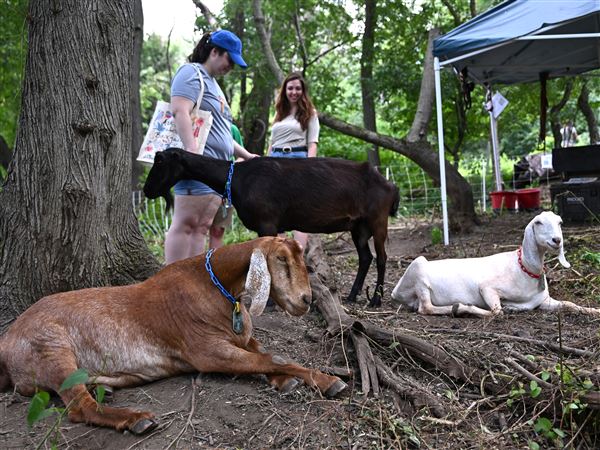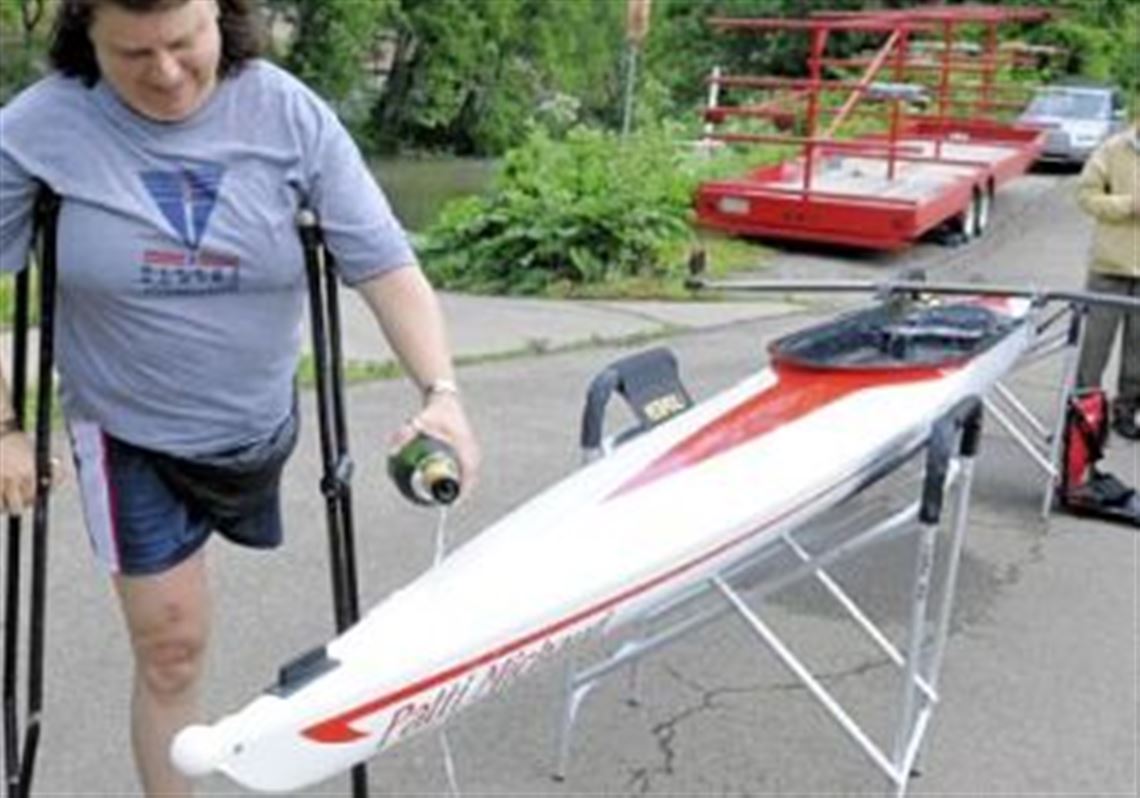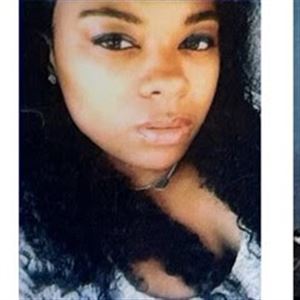The Three Rivers Rowing Association has added the "Patti Michaud" to its fleet of adaptive racing sculls for rowers with physical disabilities.
The boat was donated by Mark Baiada, president of Bayada Nurses, sponsor of the Bayada Regatta in Philadelphia, the oldest regatta for disabled people in the world. The race has been held annually on the Schuylkill River since 1981. It draws competitors from around the world.
The Three Rivers Rowing Association has the second largest adaptive rowing program in the country, after Philadelphia. Since its inception in 1987, roughly 100 people have participated, according to Robin Brown, TRRA's adaptive rowing coordinator. About 60 of those rowers have vision limitations, Ms. Brown said, and 40 have had physical disabilities.
Ms. Brown attributed the success of the program to volunteers like Patti Michaud, 50, a managing director at BNY Mellon. Ms. Michaud, who had her left leg amputated at age 13, was one of the first members of TRRA when the club was founded in 1984.
Ms. Michaud is one of the top adaptive rowers in the world. She's won nine national championships in singles competition, one of only four athletes to have won more than one. Ms. Michaud was named Adaptive Rower of the Year in 1995. In 2001 she won two gold medals and a silver medal representing the United States in England's first international adaptive rowing event.
TRRA executive director Rick Brown said it was decided to name the new adaptive boat after Ms. Michaud to honor her both for her athletic accomplishments and for her volunteer work with other rowers who have handicaps.
TRRA has three adaptive programs -- a weekly recreational program for those with physical disabilities; a weekly recreational program for people with low vision or blindness, and weekend competitive racing practice.
Adaptive rowing sculls can be singles or doubles. Singles like the "Patti Michaud" are a little wider than normal racing sculls, and have outriggers on which little pontoons can be placed for greater stability. Many adaptive boats have flat bottoms because these are less likely to tip over.
The doubles permit handicapped athletes who couldn't handle a scull on their own to take part in competitions.
Ms. Michaud dedicated the boat named after her by pouring a glass of champagne over it.
"Tradition says you are supposed to break a bottle of champagne on the hull, but we didn't want to damage the boat," Ms. Michaud said.
Afterward, Ms. Michaud and her frequent racing partner, Tammi Swiantek, 40, took the new scull out for a spin. Ms. Michaud and Ms. Swiantek won a national championship in doubles racing in 2008.
Ms. Swiantek, who has been blind since birth, took up rowing at age 18.
"I just wanted to get in shape and get involved in physical activities," she said.
Most of Ms. Swiantek's rowing experience has been in doubles. But her passion, she said, is the single.
"I spend an awful lot of time where I have to rely on someone for something," she said. "In the boat, they can't save me if I screw up. It's a very independent feeling."
Blind athletes are able to race in singles with the assistance of a partner in a guide boat who calls out directions.
Racing in singles is a learning experience for the guide as well as for the athlete with a vision disability, Ms. Michaud said, recounting her experiences with Tammi.
"The first time out, I ran her into the bank," she said.
First Published: June 9, 2010, 8:00 a.m.
















